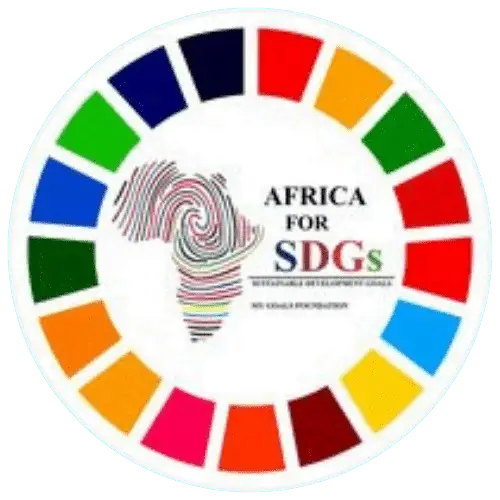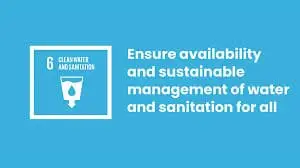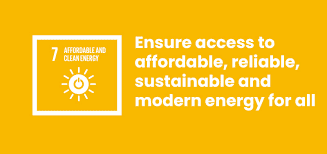The sixth Sustainable Development Goal (SDG 6) aims to ensure availability and sustainable management of water and sanitation for all. Access to clean water and proper sanitation is fundamental to health, well-being, and development. Achieving SDG 6 is essential for improving quality of life and supporting sustainable growth.
Understanding Clean Water and Sanitation
Clean water and sanitation are crucial for preventing diseases, promoting health, and enhancing economic productivity. Access to safe and affordable drinking water, adequate sanitation facilities, and hygiene education are key components of this goal. Sustainable water management also involves protecting water resources and ensuring their availability for future generations.
Key Targets of SDG 6
- Universal Access to Safe Water: By 2030, achieve universal and equitable access to safe and affordable drinking water for all.
- Adequate Sanitation and Hygiene: By 2030, achieve access to adequate and equitable sanitation and hygiene facilities for all, with a focus on vulnerable populations, including women and girls.
- Water Quality: Improve water quality by reducing pollution, minimizing the release of hazardous chemicals and materials, and substantially increasing water recycling and safe reuse.
- Water-Use Efficiency: Increase water-use efficiency across all sectors to ensure sustainable water withdrawals and supply.
- Protect Water-Related Ecosystems: Protect and restore water-related ecosystems, such as rivers, wetlands, and lakes, to maintain their functions and benefits.
- International Cooperation: Support and strengthen the participation of local communities in improving water and sanitation management.
Strategies for Achieving SDG 6
- Investing in Water Infrastructure: Develop and upgrade water and sanitation infrastructure to ensure reliable access to safe water and sanitation services.
- Promoting Hygiene Practices: Implement hygiene education programs to promote safe water practices and prevent waterborne diseases.
- Protecting Water Resources: Implement policies and practices to protect water sources from pollution and over-extraction, and manage water resources sustainably.
- Enhancing Water Management: Improve water management systems to enhance efficiency, conservation, and equitable distribution of water resources.
- Community Involvement: Engage local communities in water and sanitation projects to ensure that solutions are tailored to their needs and are sustainable.
The Importance of SDG 6 in the 2030 Agenda
SDG 6 is crucial for ensuring health, well-being, and sustainable development. Access to clean water and sanitation is essential for preventing disease, supporting economic growth, and promoting environmental sustainability. By addressing water and sanitation challenges, we can create healthier communities and a more resilient world.




